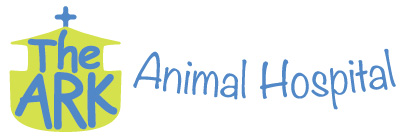Bad Habits – Coprophagia
I could tell by Dan’s breath that I shouldn’t let him lick me in the face. Dan was a large overweight Labrador who had a rather embarrassing problem. Embarrassing for his owner; Dan himself didn’t have any shame.
Dan had developed the habit of eating poo: his own and anybody else’s he could find. He regularly raided the cat’s litter tray and scoured the garden for any he had missed. His nightly walks around the neighbourhood were an embarrassing opportunity to find more faeces to eat.
Dan’s owner was worried Dan might be unwell or missing something in his diet. A thorough check up of Dan showed him to be in good health. Dan’s coprophagy (the technical name for eating faeces) was behavioural. He did it because he liked it.
Coprophagy in dogs is not uncommon. Many dogs will eat the faeces of cats and other animals when given the chance, but in Dan’s case it had become an obsession. Eating faeces is not particularly a health risk for dogs, or for their owners. However coprophagy is repulsive to most people so is best treated.
Dan’s owner had tried telling Dan off when he caught him in the act. It didn’t work. Dan, like many Labradors, was food obsessed. He ate faeces because it was readily accessible food. Feeding Dan smaller amounts of food more frequently with a special weight loss diet helped stem his appetite. Adding more fibre to his diet helped Dan feel fuller and made his faeces blander. Dan was taught to defecate on command, allowing his owner to remove most of the faeces before Dan had the opportunity to eat it. The cat’s litter box was put up out of Dan’s reach.
Weight loss and a more active lifestyle greatly improved Dan’s little problem. A medication that would make his faeces taste worse was also given. There is no single easy method of preventing coprophagy, but a combination of training, diet and medication usually resolves this embarrassing problem.
If you are concerned your dog has a similar issue, arrange an appointment with one of our friendly vets.

